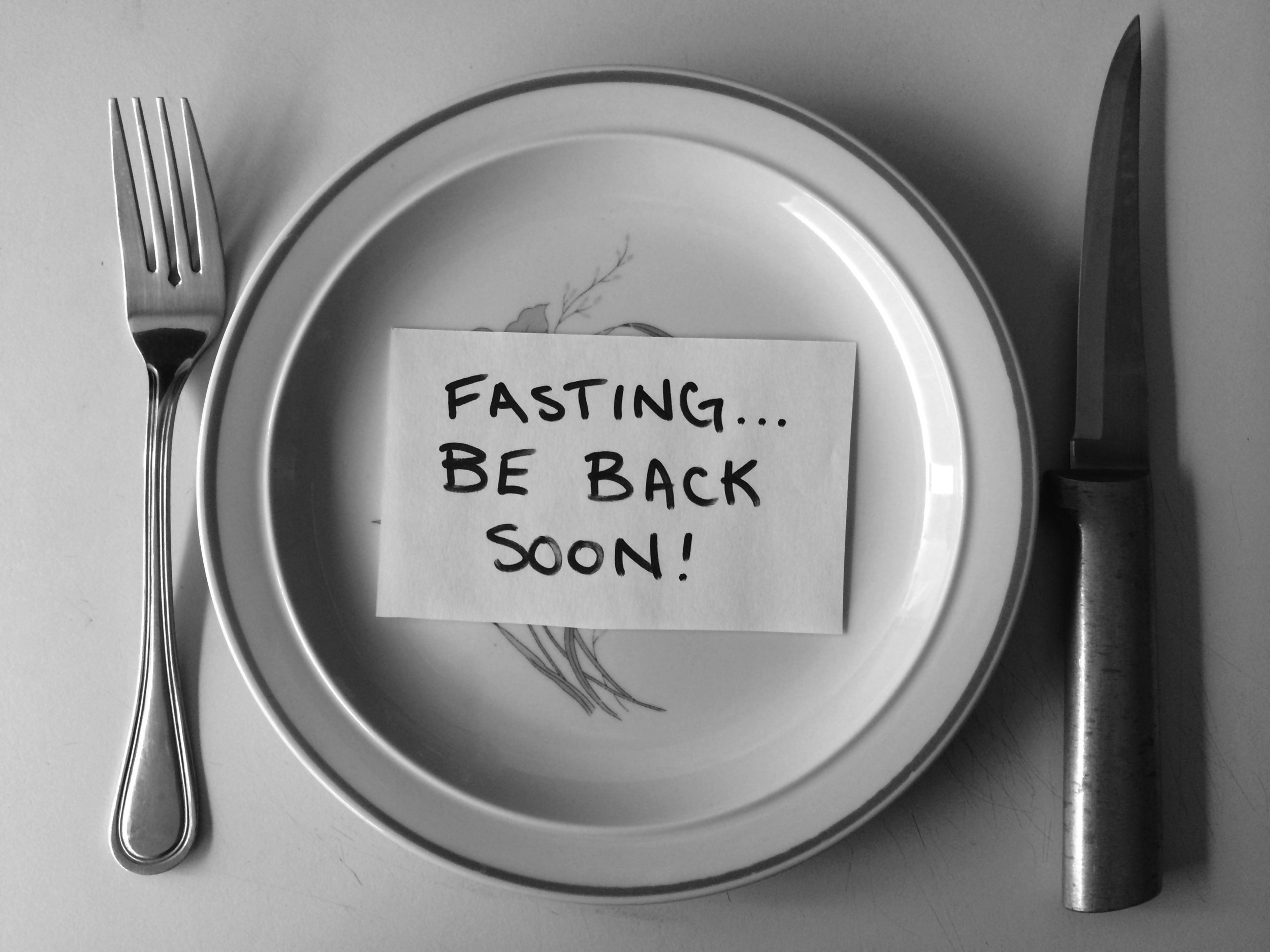
As mentioned in Part 2 about what happens during a fast, we discussed how the mindset influences your experience. Not only does mindset play a role in your mental strength to get through the fast, but it also affects physiological response. A mentality of angst, fear, or stress will result in quicker utilization of micronutrients and protein. In contrast, when a mindset is intentional and healthy, the body better adapts, spares micronutrients, spares protein, and increases serotonin and brain-derived neurotrophic factor. A healthy mindset, according to the consensus guidelines, is “positive experience of abstinence in a consumer-driven society, new experiences of physical, emotional, and mental perception and the possibility of expanding on those, and as a strong impulse for changing nutritional and eating habits.” Therefore, before beginning a fast, consider the following to get your mind in the right place.
Find your personal “why” for fasting
Start with why this is important to you. Tying personal meaning to a behavior that is not of your routine or habit is key to keeping you on track with it. When temptation or barriers arise, and they will, connecting to your why will anchor you and help you stick to your commitment.
Your why could be the health benefits discussed in the first blog, or it may be more behavioral or mental. Regardless of your reason, knowing your more profound purpose for beginning a fast will lead to better outcomes.
The next step to periodically begin incorporating fasting into your life is to plan it on a day that does not require a lot of physical effort. This is especially important for the first fast you do because you never know how your body will respond. Mild to regular activity is okay, and movement can help stimulate excretory organs.
Staying hydrated throughout a fast is essential. Consume a minimum of 2.5 L of fluid each day. We consume a fair amount of water from the food we eat, especially from fruits and vegetables, which are mainly water. Removing food from the equation, however, increases the importance of total fluid intake. When thirst signals arise, we are often a step behind our total body hydration. Therefore, it is essential to be mindful of your fluid consumption. Fasting beverages include organic freshly pressed fruit or vegetable juice, vegetable broth, water, herbal teas with a maximum of 2-3 tsp of honey, and keeping calorie intake to less than 500.
After a fast, it is best to break the fast with a small meal and to chew it well. Fasting guidelines recommend a light vegetarian diet and, for ease of digestion, cooked, bland foods. Examples include oatmeal, toast, cooked vegetables, rice, or vegetable soup. Part of the benefit from a fast comes from the cleansing and refueling of our cells with healthy components.
So, in summary – incorporating periodic fasting, whether it is a 24-48 hour fast or daily time-restricted feeding form of fast, the body benefits in ways that are physiological, behavioral, and mental. It is also a way to step out of comfort, put a little stress on the body, and heal and grow as a result.

Lauren has been a registered dietitian for 6 years and helps others develop practical and enjoyable lifelong nutrition habits to improve health, well-being, energy levels, confidence, and digestion. She focuses largely on a whole food, plant-based nutrition approach to health.